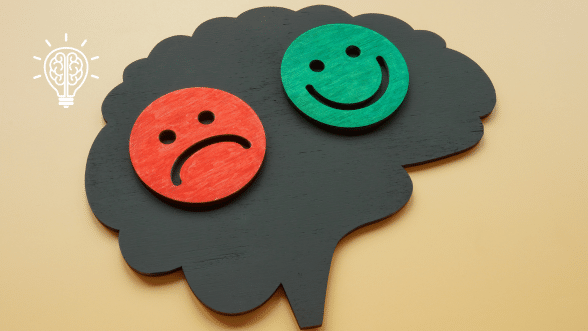What is Cognitive Dissonance?
Cognitive dissonance is a psychological phenomenon that occurs when an individual experiences discomfort due to holding conflicting beliefs, attitudes, or behaviors simultaneously. It often leads to a change in one of the elements to reduce the dissonance.
7 Main Indicators:
- Feeling uncomfortable without knowing why
- Justifying actions that go against your beliefs
- Changing beliefs to justify actions
- Feeling ashamed or embarrassed about actions
- Experiencing guilt but not knowing the cause
- Rationalizing unhealthy habits
- Avoiding information that contradicts existing beliefs
Conditions & Factors:
- Presence of conflicting beliefs or behaviors
- Recognition of the conflict by the individual
- Feeling psychological discomfort due to the conflict
- Motivation to reduce or eliminate the discomfort
Example of Dissonance
A person who values environmental conservation but drives a gas-guzzling vehicle might experience cognitive dissonance, leading to discomfort and possibly motivating a change in behavior or beliefs.
How does executive function coaching support challenges?
Executive function coaching can play a pivotal role in addressing cognitive dissonance by enhancing self-awareness and improving decision-making skills. Coaches help individuals identify and articulate their core values and beliefs, recognize when their actions are not aligned with these values, and develop strategies for more congruent behavior. This process supports the individual in resolving dissonance, leading to more consistent and value-driven actions.




